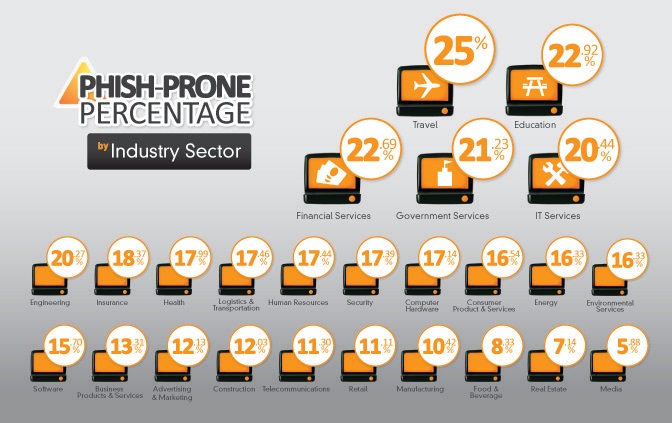With technology today, opportunities and unfavorable circumstances are created especially in a place of business. Technology has improve communication networks, attracting human capital, enhanced efficiency, and etc. On the other hand, technology can cause communication breakdowns, increase the input level of stress, distractions, and so on and so forth.
Looking at the unenthusiastic side of technology, the questions becomes "Exactly how much time productive time is wasted at work?" According to recent article 2013 Wasting Time at Work Survey, written by Aaron Gouveia, their survey respondents said:
0-30 Minutes 34%
30-60 Minutes 24%
Several Hours a Day 11%
1-2 Times a Week. 21%
Claimed to Never 10%
"When we last did this survey in 2012, 64% of our survey respondents said they waste time at work on a daily basis. This year that number is on the rise as 69% of the people surveyed in 2013 said they waste time at work every single day. (Aaron Gouveia). This results clearly presents as technology advances so does resisting weakness.
Even if companies/organizations are to block personal websites on their work computers, employees still have their smart phones enabling the use of mobile applications at the touch of their finger tips. But why are employees are wasting so much valuable time on non-related work matters. Lets look at Dan Malachowsi top five time wasting excuses:
Don't have enough work to do 33.2%
Underpaid for amount of work 23.4%
Co-workers distract me 14.7%
Not enough after-work time 12.0%
Other 16.7%
Throughout my research there were many and more excuses that were used but I decided to use Malachowsi due to simplistic reasoning and what I would I personally choose as an excuse.
Looking at the unenthusiastic side of technology, the questions becomes "Exactly how much time productive time is wasted at work?" According to recent article 2013 Wasting Time at Work Survey, written by Aaron Gouveia, their survey respondents said:
0-30 Minutes 34%
30-60 Minutes 24%
Several Hours a Day 11%
1-2 Times a Week. 21%
Claimed to Never 10%
"When we last did this survey in 2012, 64% of our survey respondents said they waste time at work on a daily basis. This year that number is on the rise as 69% of the people surveyed in 2013 said they waste time at work every single day. (Aaron Gouveia). This results clearly presents as technology advances so does resisting weakness.
Even if companies/organizations are to block personal websites on their work computers, employees still have their smart phones enabling the use of mobile applications at the touch of their finger tips. But why are employees are wasting so much valuable time on non-related work matters. Lets look at Dan Malachowsi top five time wasting excuses:
Don't have enough work to do 33.2%
Underpaid for amount of work 23.4%
Co-workers distract me 14.7%
Not enough after-work time 12.0%
Other 16.7%
Throughout my research there were many and more excuses that were used but I decided to use Malachowsi due to simplistic reasoning and what I would I personally choose as an excuse.
http://www.salary.com/2013%2Dwasting%2Dtime%2Dat%2Dwork%2Dsurvey/slide/2/
http://www.davidsonstaffing.com/articles/salary/wasted-time/
http://www.davidsonstaffing.com/articles/salary/wasted-time/
